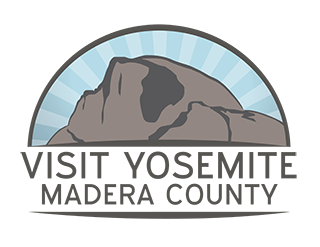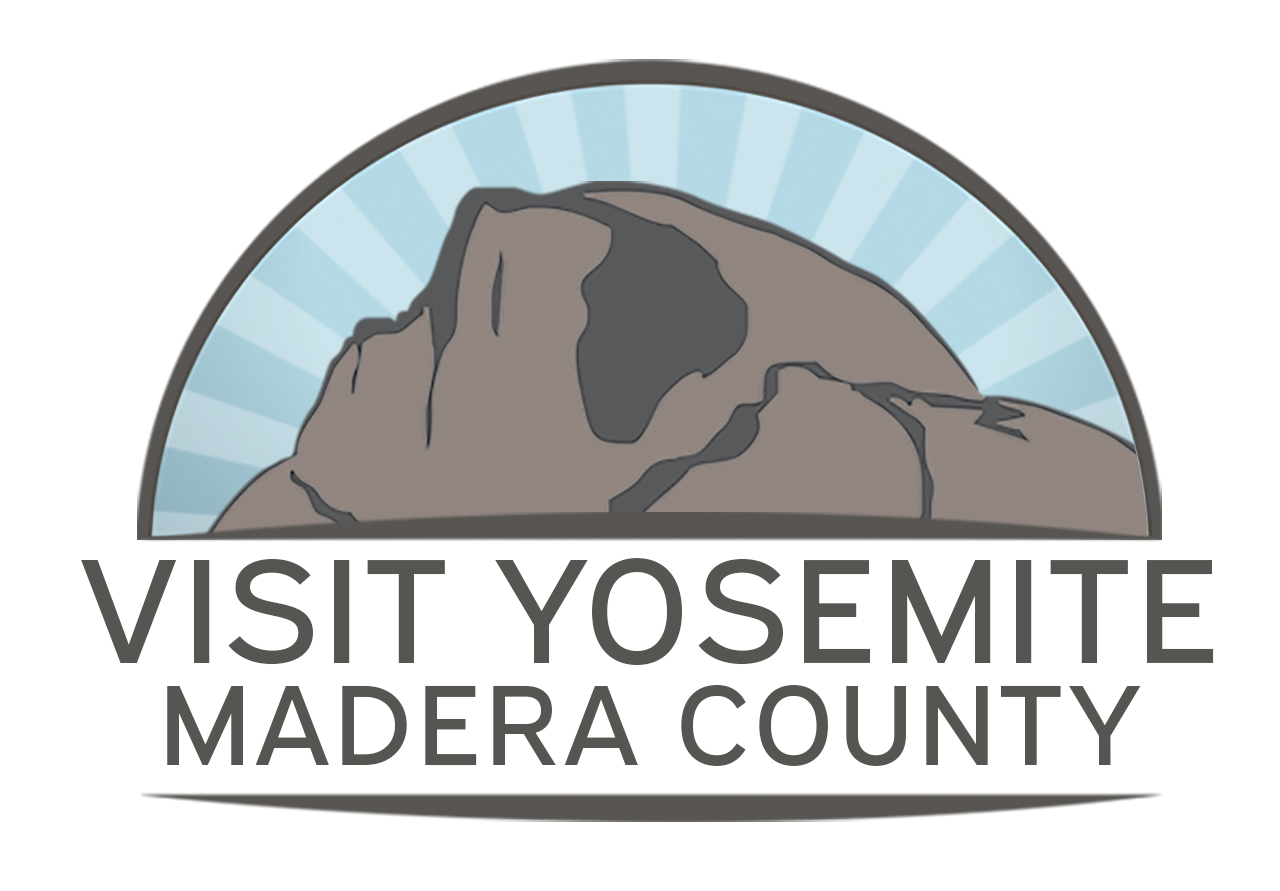Judi's Jaunts: A Tale of Two Meadows
Please note: Portions of the Sierra Vista Scenic Byway and some campgrounds and trails in the Sierra National Forest are temporarily closed.
Cold Springs Summit, up Beasore Road in the Sierra National Forest, signals a landmark of summer for us locals. It’s the highest point of the road, where we figure out when winter is over because the road has thawed and we can see the road, or parts of it. At that point, we know that the folks who run Jones Store have thought about digging out from winter’s blasts and setting up for the season. I start getting calls about the opening date from May on. This year Jones Store opened about July 4. It was a tough winter.
Hard, wet winters can bring spectacular summer flowers in the higher elevations, and that’s what we’ve seen this year. Steve and I heard a rumor that the meadow at Cold Springs Summit was especially luxuriant. We decided on a drive up there, but he ended up alone the first time around.
These incredible landscapes are accessible via the Sierra Vista Scenic Byway. A 100-mile excursion through the high country of the Sierra National Forest. For driving directions, a map, plus details on the must-see highlights visit sierravistascenicbyway.com, or check out the full itinerary available at Sierra Vista Scenic Byway - Natural Social Distancing Series.
As he studied the Sierra National Forest map, he discovered that two Cold Springs Meadows exist. The first sits on the right just after the turnoff to the Cold Springs Summit rest area. The second is way up Sky Ranch Road, almost to the Quartz Mountain trailhead. He tried to find that one on his first journey but without clear direction and darkness beginning to encroach, he headed back downhill.
I went along on the second trek, accomplished on August 12. The only destinations in mind that day were the two Cold Springs Meadows, but as it turned out, two more fit into the plan: Jones Store (although it was closed for resupply) and Globe Rock.
I’d hiked out Cold Springs Road before and assumed the meadow was off that road but couldn’t remember seeing it. That’s because it’s not on Cold Springs Road. It’s right on Beasore Road, just beyond the turnoff to the rest area. It snuck up on us, and we almost missed it. We would have missed a treasure. Anyone who can exit a car can visit this special spot. It’s mere steps off the roadway. Barbed wire blocks entry into the bulk of the meadow, but I didn’t need to go further to appreciate the beauty.
The meadow seemed awash in yarrow, arrowleaf groundsel and mountain asters. The more time we spent there the more species we discovered. A creek flowed downstream, and water-loving plants bloomed there, including a single crimson columbine. Except for occasional car traffic, the only sounds we heard were the buzz of bees, the trickle of the creek and gentle breezes wafting through grasses. We spent over an hour in this spot, relishing the tranquility before heading up the road to Jones Store.
Interactive bird's eye view of Cold Spring Meadow
Jones Store is a reminder of Madera County's past, up in the high country (6,800 ft elevation) where cowboys drove cattle to spend the summer among the fresh, green grasses and cooler temps. The store has been in existence, and in the same family, since the late 1800's. The current patriarch of the business, Vern Black retired several years ago after operating the store for many years following his service as a WWII fighter pilot and California Highway Patrol commander.. Since then his sons and daughter have taken over the operation following the same “rules” as Vern’s. (No pie take-outs, food served only until it’s gone—which could be 11 am, 1 pm or 4 pm, the regular closing time.) It's usually pretty crowded, and rumor has it that they've been running out of food extra early this year. Among other unique qualities, Jones Store also features the last remaining hand-pumped gasoline in California. The store closes for the season early in October, unless weather encroaches.
We didn't have to fight any crowds as the store was closed for resupply, affording us the opportunity to prowl the area and take some photos. In fact, the only people we saw during the entire day, with the exception of a few passing cars, were campers stationed at the very back of the property, bordering the creek.
Steve had never been to Globe Rock, so I suggested we head up there. Globe Rock is a natural granite sphere balanced on a granite perch below, looking for all the world like a good shove would send it barreling down the hill. I tried, but that didn't work.
I'd been to Globe Rock several times over the years, and I'm so embarrassed to admit this was the first time I'd ever seen the grinding rocks, carved out of the bedrock by Mono women over the centuries. They certainly found this a special spot, too. Disclaimer: I’m also the person who almost put her hand on a rattlesnake taking a nap inside a mint plant. My powers of observation can sometimes be suspect.
Globe Rock sits about ten miles north of Jones Store, just off the highway. It can be viewed from the roadway if someone isn’t up to hiking the short distance.
Enjoy a 360 Interactive View above Globe Rock
After Globe Rock, we headed back downhill to Cold Springs Summit then took a right turn onto Sky Ranch Road (Forest Road 6S10x) for our journey into the real wilderness. If you suffer from back problems or other maladies that might make you agonize from seriously rough roads, this is not for you. Not Prius-suitable, a high-clearance vehicle works best to navigate around the ruts, dips and rocks. This road was bouncy in spots, minimally paved in others. Then we turned onto 5S39, and it got worse, all the way to 6S10 toward Quartz Mountain trailhead, the jumping-off spot for many backpackers heading into the Chain Lakes area of Yosemite National Park. This was new territory for me, and I had no idea how rough the road is for those hikers heading out from that trailhead.
Along the way the vistas occasionally opened up toward the high sierra peaks and serene blue skies. Instead of going to Quartz Mountain, we turned left onto 5S49, per the map.
There’s a reason we caution visitors to the area not to use GPS. It doesn’t work, especially in the middle of nowhere. And, in case you didn’t know it, a lot of forest roads look alike—or they don’t even look like roads, more like cow paths. With the map we reached the fork in the road where Steve ended up the prior week. We had two choices, and both of them looked pretty rough. Steve had hiked a piece on both and hadn’t reached the meadow, so it was time to pull out the big guns. It’s for him to tell what he did, but it worked. We figured the right road to take, drove a mile or two until a log blocked our road. Steve reconnoitered ahead on foot and discovered we’d arrived. The hike into the meadow was minimal—probably a half mile round trip at most, but what a view when we approached.
We knew we had company before we saw them. The air had an eau-de-bovine about it, along with remembrances of prior visitors. Then there they were—a small herd of cattle grazing the lush meadow grasses in the shade of massive fir trees.
After an hour or so, we decided, reluctantly, to head back to civilization. As a testament to all forest roads looking alike, we made a wrong turn and ended up making a “20-point” turnaround on a narrow road. From there on, we had “smooth” sailing all the way back to Bass Lake.
The high country continues miraculously green well into August and lush with many species of wildflowers, a mountain paradise for those looking to escape the heat and crowds of lower elevations.
There’s something for everyone on this journey, from car travelers to those with somewhat limited mobility to adventurers who crave new sights, scents and sounds. It’s all there. You just have to look for it.
I've made it my mission to explore the areas of Sierra National Forest that I haven't seen before. The next adventure is already in the works.
Interactive aerial view above Cold Springs Meadow #2
______________________________________________________________________________________
Like what you see? Save any of these pins (or possibly all of them) to your travel planning board(s) to give you an easy way to find your way back here! Also check out our other blog posts as well as itineraries for more ideas and pins!












































